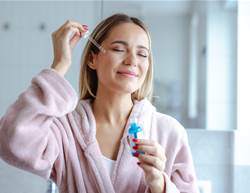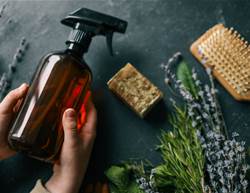We're always looking for the most handy tricks of the trade when it comes to make up, hair care or even taking care of our nails. But absorbing new skincare tips is at the top of our list – and we're betting yours, too. Well, you can stop bugging your friends and colleagues for their secrets, as we have a few expert-approved tips to share!
These top doctors and skin specialists have seen thousands of patients and all kinds of skin – dive into their professional advice, plus get the inside scoop on their own routines so you can keep your body’s largest organ healthy and glowing.
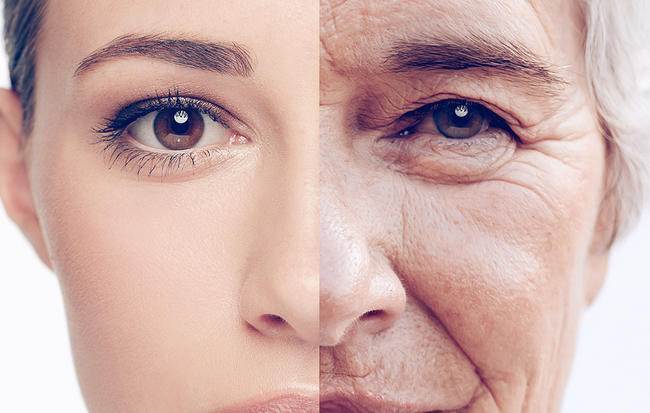
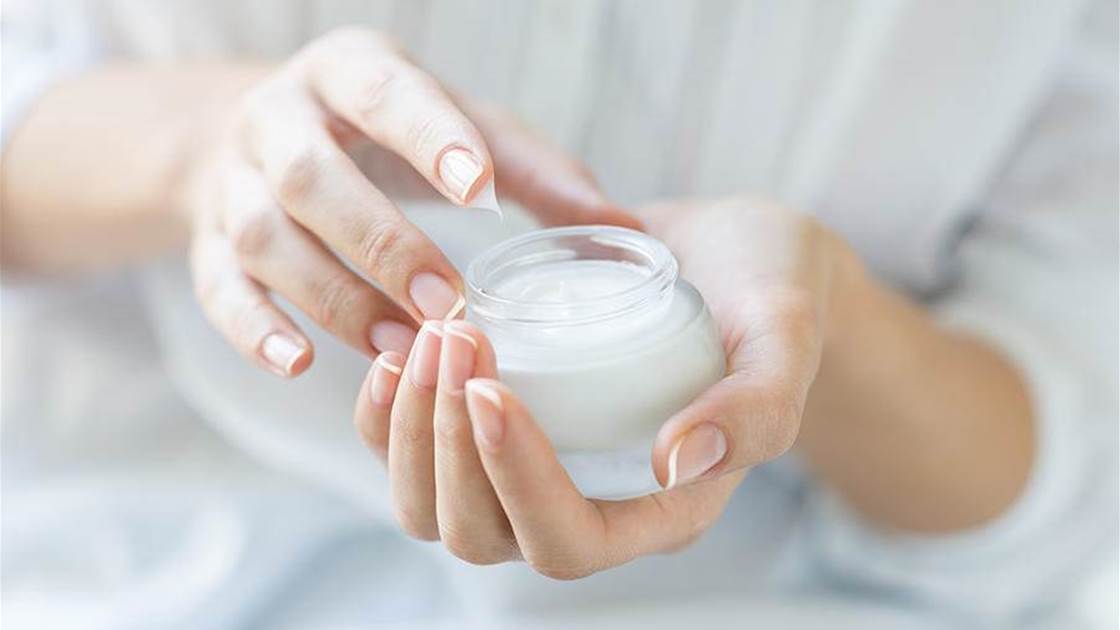
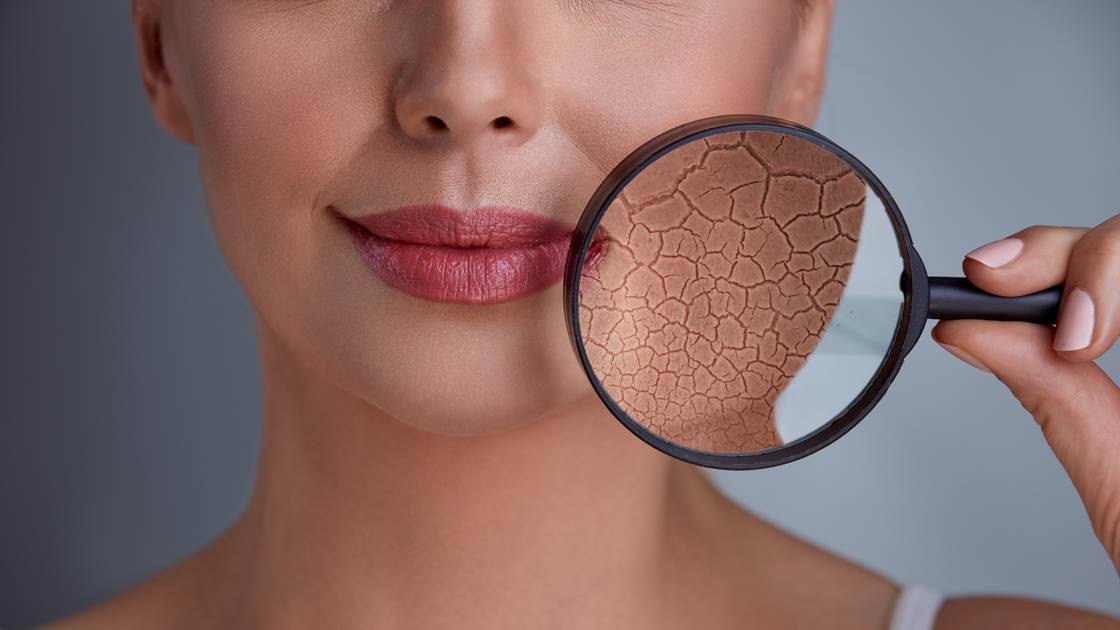

Anti-ageing that works
Use a retinoid
“After sunscreen, the second most important agent in your anti-ageing regimen should be a nightly application of retinol (such as retinyl palmitate or retinaldehyde), a compound derived from vitamin A. Recent studies show that improved over-the-counter formulations are as effective as the prescription versions. When used nightly for at least 12 weeks, retinol minimises fine wrinkles, brightens skin tone, improves brown spots, and makes skin feel smoother.”
- Dr Caroline Chang, dermatologist
Don’t neglect the basics
“Use a gentle cleanser, oil free moisturiser and 50+ sunscreen daily. An adequate cleanse usually takes at least 45 seconds, which can feel like a long time when in a rush. Employ a circular massaging motion with your fingertips initially, then rinse away with water, avoiding extremes of temperature.”
- Dr Adam Sheridan, dermatologist
Remember your neck and chest
“Many women take care of their faces, but don’t pay attention to the area below. You should treat your neck and chest with the same products you use on your face, including sunscreen, moisturiser and anti-ageing treatments.”
- Dr Jessica Wu, dermatologist
What derms do at home
Apply deodorant at night
“Most people use deodorant just in the morning, but putting it on at night too helps the aluminium crystals plug up your sweat glands like corks.”
- Dr Lily Talakoub, dermatologist
Don’t underestimate the face washer
“You don’t need a facial brush or special product. For light exfoliation, I use just a washcloth with moderate pressure. Plus, I also like that it’s easy to wash – and that’s important, because dirt and bacteria can lead to breakouts.”
- Dr Jeanine Downie, dermatologist
Take occasional skincare breaks
“While having a consistent regimen is super important, you have to know when to slow down and take breaks. If I find that my skin is getting too irritated by products, I use nothing except cleanser and moisturiser for a few days.”
- Dr Caroline Chang, dermatologist
Keep it simple
“Zinc and petroleum jelly are beloved by most dermatologists to protect, nourish and repair the lips and other delicate body areas; as well as to mend scratches and abrasions overnight.”
- Dr Adam Sheridan, dermatologist
Remove eye make-up with a light touch
“If you take off your eye make-up too vigorously, it can stretch out your eyelid skin, causing wrinkles and hyperpigmentation.”
- Dr Jeanine Downie, dermatologist
These things could damage your skin
Your dirty pillowcase
“Oil and dirt build up, and then your skin is in contact with it. Wash it at least weekly.”
- Dr Manjula Jegasothy, dermatologist
Shower loofahs
“They trap more bacteria than anything else.” If you want to keep using them, rinse thoroughly after use and dry somewhere outside the shower.
- Dr Jeanine Downie, dermatologist
Bright interior lights
“The closer you get, the more damage can occur. Make sure a reading light is over the book, not your head.”
- Dr Lily Talakoub, dermatologist
Best fixes for dry skin
Don’t wait to moisturise
“It feels nice to apply moisturiser right after a shower when your skin is warm and recently hydrated. A well selected moisturiser can optimise skin hydration and ‘lock in’ the benefit. However, if your skin is too wet, or hot from the shower, the product will tend to evaporate.”
- Dr Adam Sheridan, dermatologist
Put a glove on it
“I recommend applying Vaseline or a rich hand cream and wearing gloves overnight. If you have dry feet, moisturise them the same way and then put on socks.”
- Dr Caroline Chang, dermatologist
Use a soap-free body wash
“Soap washes away the natural oils that protect your skin, just like your dish detergent gets rid of the oil in a frying pan.”
- Dr Lily Talakoub, dermatologist








